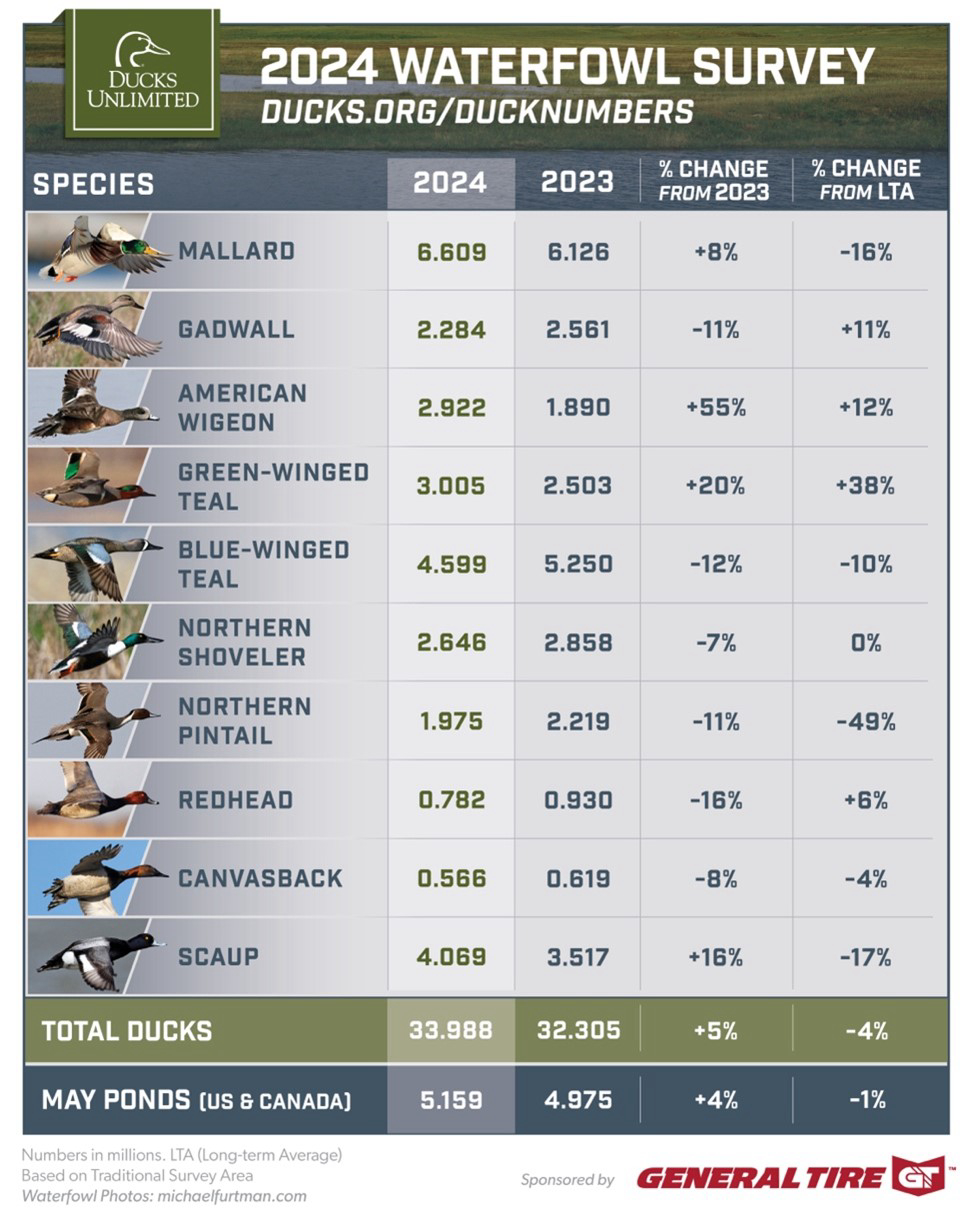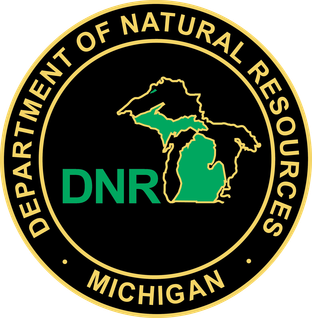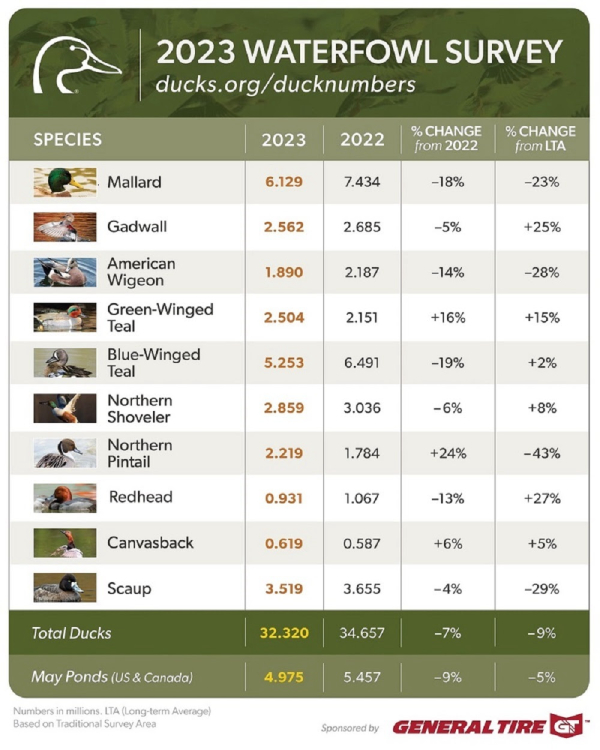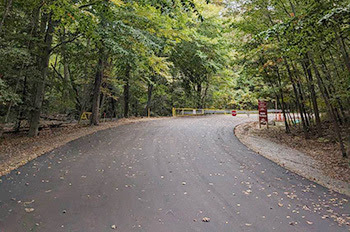Great Lakes Restoration Initiative project Completed at Shiawassee National Wildlife Refuge
ANN ARBOR, Mich. – Stakeholders in the Saginaw Bay watershed are seeing positive environmental impacts this fall thanks to work completed by Ducks Unlimited and others.
DU and its partners recently celebrated the completion of the first-ever Great Lakes Restoration Initiative (GLRI) habitat conservation project, which restored 141 acres of wetlands in the Flint River floodplain at Shiawassee National Wildlife Refuge. The project was made possible by a $99,750 grant awarded to DU through GLRI, a federal program designed to target the most significant problems in the Great Lakes ecosystem, including habitat conservation, invasive aquatic species, non-point source pollution and contaminated sediment.
The celebratory crowd gathered at Shiawassee Flats in blustery weather to hear speakers from the U.S. Environmental Protection Agency, U.S. Fish and Wildlife Service, Michigan’s Office of the Great Lakes, representatives from U.S. Sens. Stabenow and Levin, representatives from Michigan Reps. Camp and Kildee and the Saginaw Bay Watershed Initiative network.
“This restoration has two important impacts,” said Dane Cramer, regional biologist at DU’s Great Lakes/Atlantic Regional Office. “The restored floodplain itself will provide migration habitat for waterfowl and other wetland-dependent species, and it will also improve water quality in the Flint River as it moves downstream, eventually to the Saginaw Bay.”
DU partnered with the U.S. Fish and Wildlife Service and the Saginaw Bay Watershed Initiative Network to complete this wetland restoration. The grant was awarded through the Upper Mississippi River & Great Lakes Region Joint Venture, the conservation- coordinating body that delivers strategies and tools for protecting all bird species to implementation partners. This year, additional grant funding was provided through the GLRI.
“We talk about it all of the time, but wetlands really are incredibly beneficial habitats,” said Gildo Tori, Ducks Unlimited director of public policy. “Besides the support for wildlife, this project will provide flood control and filter water that goes into Saginaw Bay, and the restoration itself provided jobs for local contractors. It’s a real win-win.”
The project lies within the Shiawassee Flats (Flats), a 40,000-acre floodplain wetland complex formed by the confluence of the Bad, Cass, Flint, Shiawassee and Tittabawassee rivers. The Flats include a diverse mix of natural and managed wetlands that historically have been a critical waterfowl and waterbird stopover area in the Great Lakes region. The Flats provide many additional ecological and societal benefits, including habitat for other wetland-dependent fish and wildlife, flood control and abatement, water quality improvement and areas for outdoor recreation and education.
Cameron Davis, Great Lakes senior advisor to EPA Administrator Lisa Jackson, addressed the crowd. He urged attendees to note that progress in small increments adds up “acre by acre, gallon by gallon, mile by mile.”
Ducks Unlimited is the world’s largest non-profit organization dedicated to conserving North America’s continually disappearing waterfowl habitats. Established in 1937, Ducks Unlimited has conserved more than 12 million acres thanks to contributions from more than a million supporters across the continent. Guided by science and dedicated to program efficiency, DU works toward the vision of wetlands sufficient to fill the skies with waterfowl today, tomorrow and forever.





